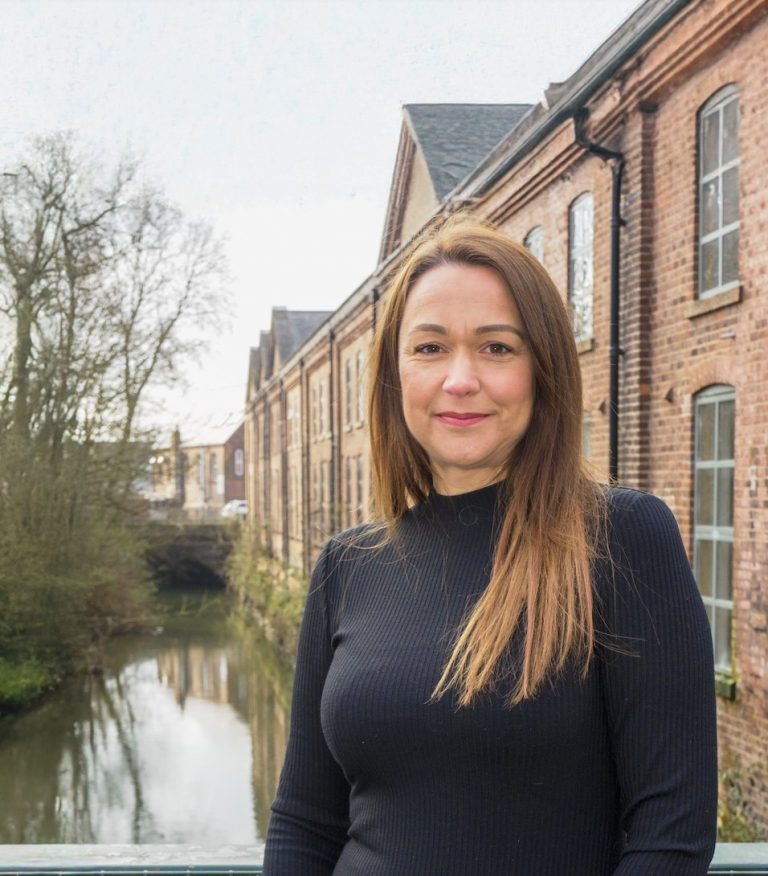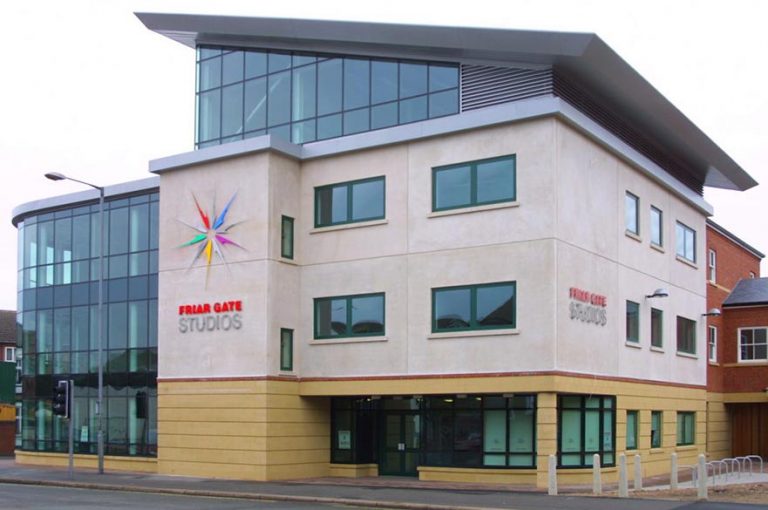Bridge Help welcomes new business development manager
Industry professionals turn out in force for inaugural Construction & Property Padel Cup
New bid submitted for Leicestershire storage units on former agricultural land
Paws Aid (2016) Ltd has submitted a new application to develop storage units on a 1.7-acre plot of land at Langham Bridge, Coventry Road, Narborough. The company previously applied for planning permission in 2018, but Blaby District Council (BDC) rejected the proposal, citing concerns over intrusion and flood risks.
The land, classified as agricultural, has been unused for farming for several years. Planning documents state that its small size and disuse make it unsuitable for continued agricultural use. The site has instead been used for various activities, including car repairs and storage. A semi-derelict structure currently serves as a storage facility, and the land is described as overgrown.
Paws Aid Ltd argues that no alternative sites are available for this type of development and maintains that the land is not at high flood risk. BDC is expected to decide on the application by Wednesday, 28 May.
Downing secures approval for two energy storage projects
Downing Renewable Developments (DRD) has received planning approval for two large-scale battery energy storage projects in the UK. The company will develop a 40MW Battery Energy Storage System (BESS) in Heanor, Derbyshire, and a 100MW BESS near Rowley Regis, West Midlands.
The Rowley Regis site will have the capacity to store enough energy to power 300,000 homes for two hours, while the Heanor project will support 120,000 homes for the same period. Both approvals were granted without public objections.
These projects follow DRD’s approval last year for a 49.9MW solar farm in Norfolk. The company says the new developments will support the UK’s transition to renewable energy and contribute to Net Zero targets.
New city centre base for Derby’s Transition2
East Midlands Zero Carbon Innovation Centre opens
Manufacturers tackle EU trading, attracting staff and being sustainable at East Midlands conference
UK economy contracts
UK government expands defence contracts for SMEs
The UK government has announced new measures to increase small and medium enterprise (SME) involvement in defence contracts, following its commitment to raise defence spending to 2.5% of GDP by April 2027. A new hub will be launched to improve SME access to the defence supply chain, and the Ministry of Defence (MoD) will introduce direct SME spending targets by June.
Currently, nearly 70% of defence spending goes to businesses outside London and the South East, but only 4% reached SMEs in 2023-24. The new hub aims to address this gap by working with suppliers across the UK to increase procurement opportunities for smaller firms, enhance competition, and accelerate innovation.
Defence spending supported over 430,000 UK jobs last year, with government contracts injecting £28.8 billion into UK industry. Regional spending increases included a 30% rise in the East Midlands (£328 million), 20% in Northern Ireland, and nearly 19% in Yorkshire and the Humber. The government says expanding SME participation will drive further economic growth, create jobs, and strengthen the UK’s defence industrial base ahead of the upcoming Defence Industrial Strategy.
Fleets in East of England rely most on independent garages
Research from epyx shows that fleets in the East of England are the most likely to use independent garages for service, maintenance, and repair (SMR), while those in Wales are the least likely.
From January 2024 to March 2025, 62% of SMR jobs for fleets in the East of England were handled by independent garages. Other regions with high independent garage usage include Scotland and the West Midlands (59%), the East Midlands (58%), and London (55%). The South East stood at 50% at the lower end, while Wales had the lowest rate at 46%.
The data, sourced from epyx’s 1link Service Network platform, suggests that fleet SMR policies, vehicle type, and the availability of franchise dealers may influence regional differences. While independent garages serviced 72% of vans, only 44% of company cars were maintained outside franchise networks. Hybrid vehicles had the lowest independent SMR rate at 32%, while independents maintained 42% of electric cars.
Epyx notes that fleet preferences and used market expectations drive these trends, with franchise dealer service histories often seen as more valuable for resale, particularly for company cars. However, the increasing share of EV maintenance by independent garages suggests a growing capacity to service electric fleets.












